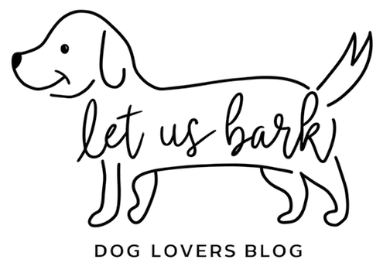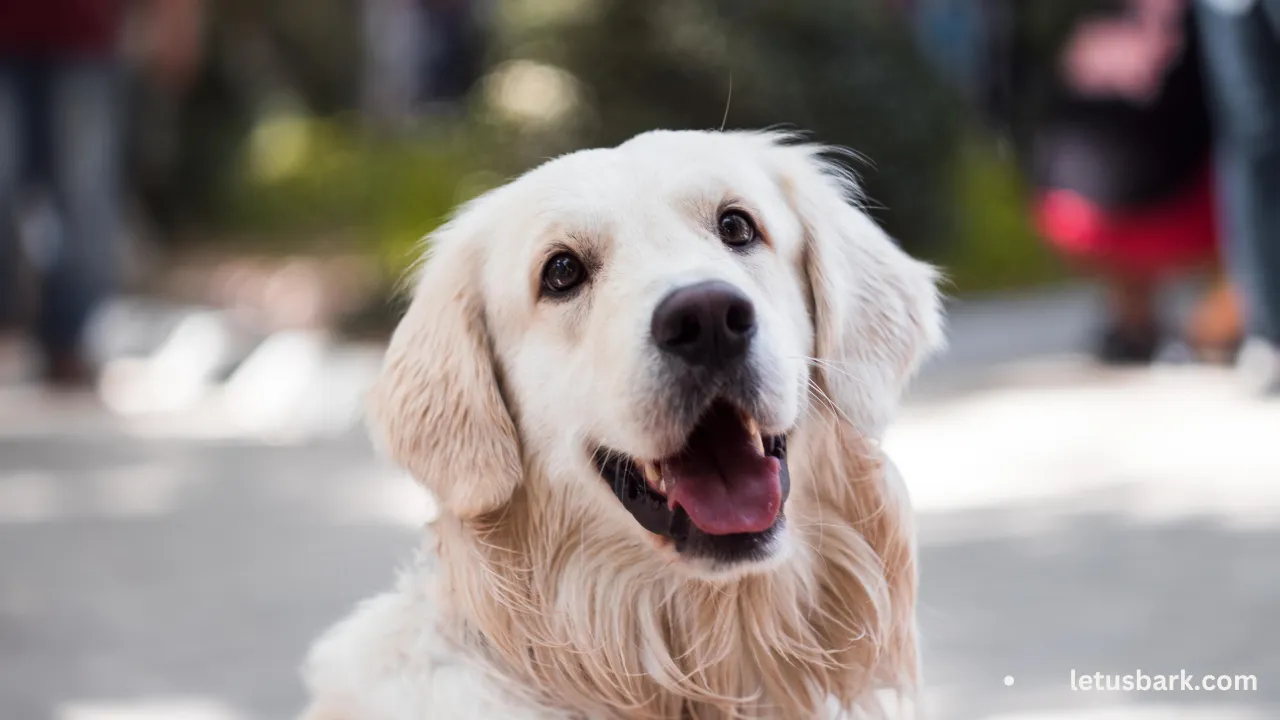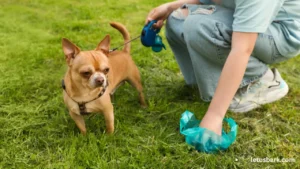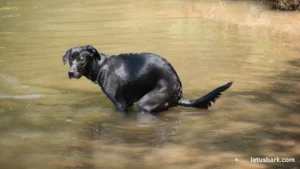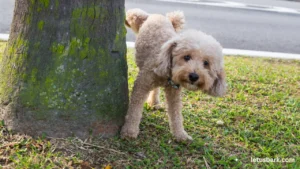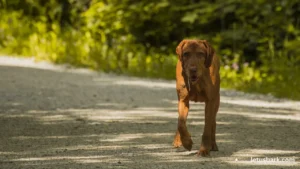Dog owners often ponder whether their pets’ waste can be used as fertilizer in their gardens. The idea of recycling dog poop as fertilizer may seem eco-friendly and cost-effective, but there are deeper considerations and potential risks involved in this practice.
Is Dog Poop Good Fertilizer?
1. Nutrient Content:
- Dog feces contain high levels of nitrogen, which is a key nutrient for plant growth. However, the concentration of nitrogen in dog waste can be too high for certain plants, potentially leading to nutrient imbalances in the soil.
2. Pathogens and Contaminants:
- Unlike herbivores’ waste, such as cow manure, dog feces can carry harmful pathogens like E. coli, Giardia, and Salmonella, posing a risk to human health, especially if the fertilized produce is consumed without proper washing and cooking.
3. Environmental Impact:
- When dog waste is used as fertilizer, the pathogens and contaminants can leach into the soil and groundwater, potentially contaminating water sources and affecting surrounding ecosystems.
4. Legal Restrictions:
- Many municipalities have regulations prohibiting the use of pet waste as fertilizer due to the potential environmental and health risks associated with it.
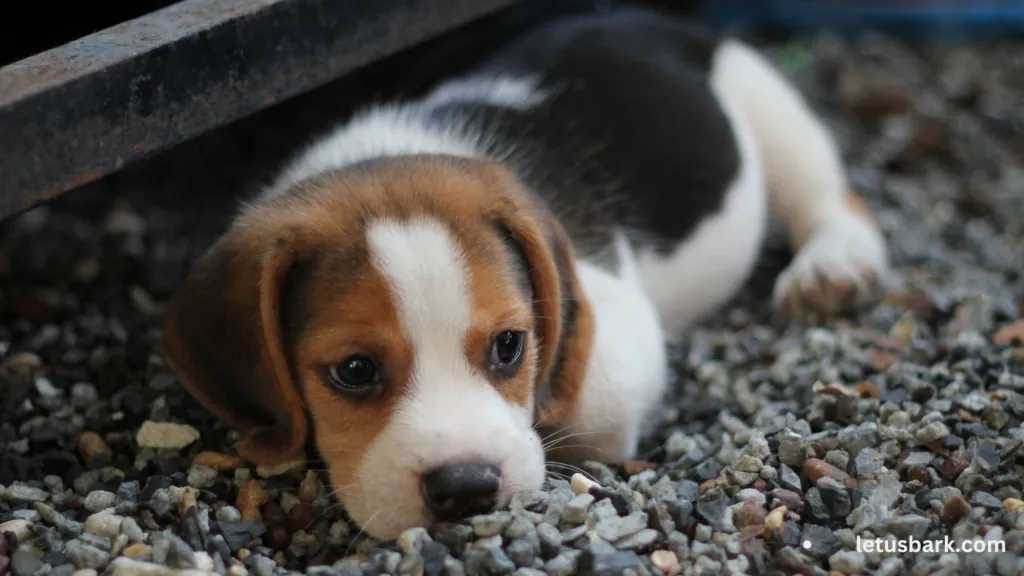
5. Alternative Options:
- To maintain a greener approach to gardening, consider composting dog waste separately using special systems designed to break down pathogens effectively. This compost should not be used on food crops.
6. Healthy Practices:
- It’s crucial to adopt responsible waste management practices. Always clean up after your dog using biodegradable bags and dispose of the waste in designated areas to prevent environmental contamination.
Conclusion
Using dog poop as fertilizer may seem like a sustainable solution, but the risks associated with pathogens and contaminants outweigh the benefits.
To protect the environment and human health, it’s advisable to explore safer alternatives for organic gardening practices. Remember, a healthy garden starts with mindful and responsible waste management.
In conclusion, dog poop is not recommended as a fertilizer due to the potential risks it poses to human health and the environment. Adopting safer and more sustainable practices in gardening ensures that we can enjoy the benefits of a green lifestyle without compromising our well-being.
FAQs
Is Dog Poop Good Fertilizer?
While dog poop contains high levels of nitrogen, which is beneficial for plants, it also carries harmful pathogens and contaminants. As a result, using dog poop as fertilizer can pose risks to human health and the environment.
What Nutrients are Present in Dog Poop?
Dog feces contain high levels of nitrogen, which is a key nutrient for plant growth. However, the concentration of nitrogen in dog waste can be too high for certain plants, potentially leading to nutrient imbalances in the soil.
What are the Risks Associated with Using Dog Poop as Fertilizer?
Main risks associated with using dog poop as fertilizer are the presence of harmful pathogens and contaminants such as E. coli, Giardia, and Salmonella. These can pose a risk to human health if the fertilized produce is consumed without proper washing and cooking.
Are There Alternatives to Using Dog Poop as Fertilizer?
Yes, there are alternatives to using dog poop as fertilizer. One option is to compost dog waste separately using special systems designed to break down pathogens effectively. However, it’s important to note that this compost should not be used on food crops due to the potential health risks.
